Author: Adam Miller
-

Call For Applications: 2017 Mormon Theology Seminar
The Fourth Annual Summer Seminar on Mormon Theology “God Himself Shall Come Down: Reading Mosiah 15” College of William & Mary, Williamsburg, Virginia June 5–June 17, 2017 Sponsored by the Mormon Theology Seminar in partnership with The Laura F. Willes Center for Book of Mormon Studies and The Neal A. Maxwell Institute for Religious Scholarship…
-

“A Preparatory Redemption,” June 15, Berkeley CA
“A Preparatory Redemption: Reading Alma 13” The Third Annual Summer Seminar on Mormon Theology Conference is free and open to the public Wednesday, June 15, 9am-5pm The Chapel of the Great Commission The Graduate Theological Union 1798 Scenic Avenue Berkeley, CA 94709 Sponsored by the Mormon Theology Seminar in partnership with The Laura F. Willes Center…
-
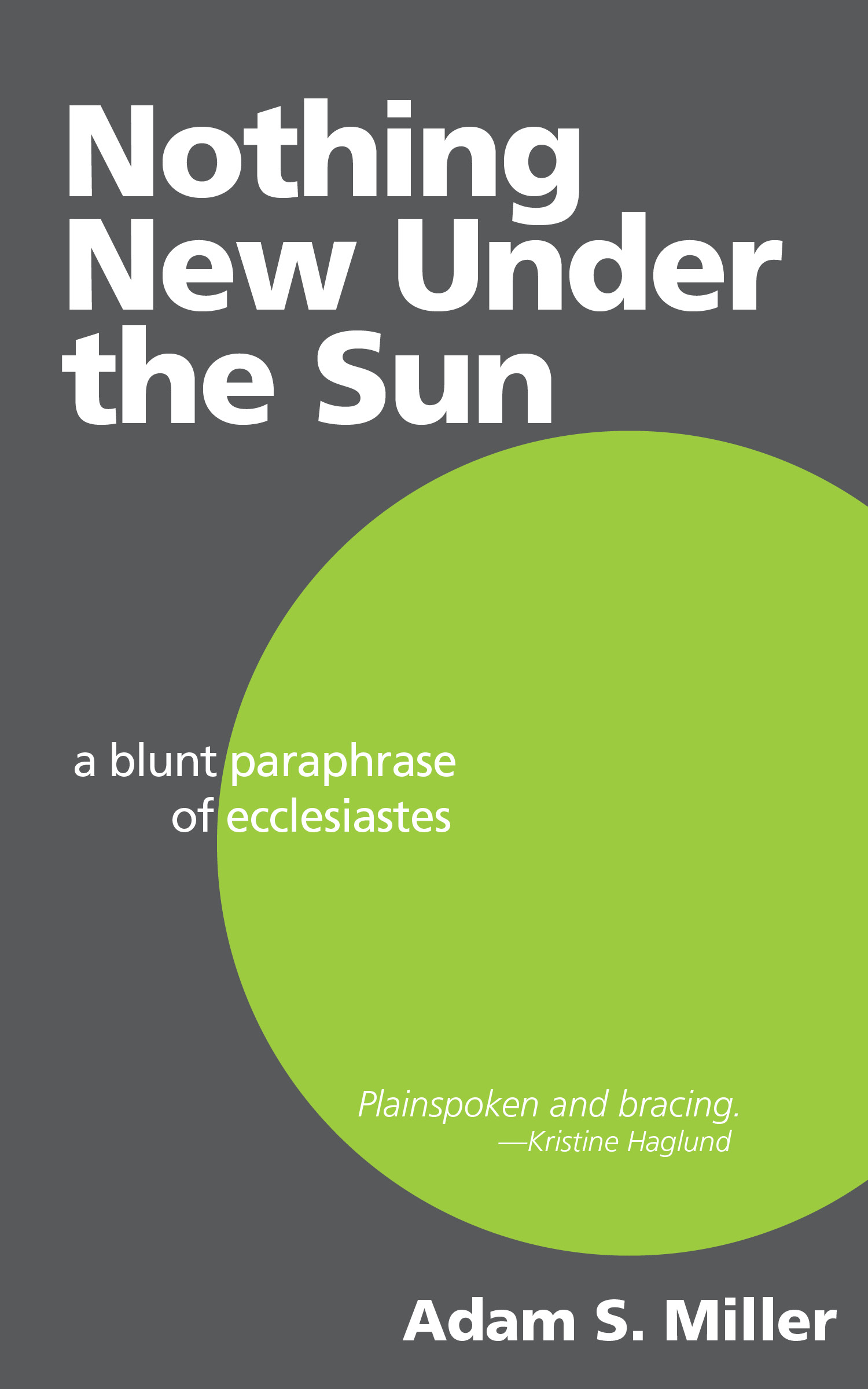
Nothing New Under the Sun: An Excerpt
An excerpt from the first chapter of my recently released book, Nothing New Under the Sun: A Blunt Paraphrase of Ecclesiastes: Chapter One Privileged, loved, educated, wealthy, this is what I saw: emptiness, futility, vanity. Everything is ephemeral. Everything crumbles to dust in your hands. Everything passes away. There is no escape. What good does…
-
Call for Applications: Summer Seminar in Mormon Theology
The Third Annual Summer Seminar on Mormon Theology “A Preparatory Redemption: Reading Alma 12–13” Graduate Theological Union, Berkeley, California June 1–June 15, 2016 Sponsored by the Mormon Theology Seminar in partnership with The Laura F. Willes Center for Book of Mormon Studies and The Neal A. Maxwell Institute for Religious Scholarship In the summer of…
-
“Christ & Antichrist” Conference Program, NYC 6/20
“Christ & Antichrist: Reading Jacob 7″ The Second Annual Summer Seminar on Mormon Theology Conference Program
-
“Christ & Antichrist,” June 20, New York City
“Christ & Antichrist: Reading Jacob 7” The Second Annual Summer Seminar on Mormon Theology Conference is free and open to the public Saturday, June 20, 9am-5pm The Refectory Union Theological Seminary 3041 Broadway New York, NY 10027
-

Writ & Vision: Roundtable on Grace
At 7pm on Thursday, May 21, Writ & Vision will host a roundtable discussion on grace. Participants include Adam Miller, Joseph Spencer, and Jenny Webb. The discussion will focus on President Uchtdorf’s April 2015 General Conference address, “The Gift of Grace,” Adam Miller’s Grace Is Not God’s Backup Plan: An Urgent Paraphrase of Paul’s Letter to the…
-
Sin: You’re Doing it Wrong
Religion isn’t about sin. Thinking that religion is about sinning (or not sinning) is like thinking basketball is about fouls. You should stop fouling but you can’t make the game be about fouls. That’s an impossible way to play basketball. And, more, it’s an impossible way to be religious.
-
For Zion – Part 10
From the pen of George Handley: There are those who are infected by nostalgia and yearn for a nineteenth-century Mormonism because, I suppose, they imagine that the prophets then seemed more willing to condemn capitalism or to preach environmental stewardship and that Mormons were more communitarian, less materialistic, and more obligated under the law of…
-
For Zion – Part 9
From the pen of Jim Faulconer: Joseph M. Spencer’s most recent book (unless he has done another in the few weeks since this one was published) is For Zion: A Mormon Theology of Hope (Kofford Books, 2015; 157 pages, with index). I go back a long way with Joe, back to when he was still…
-
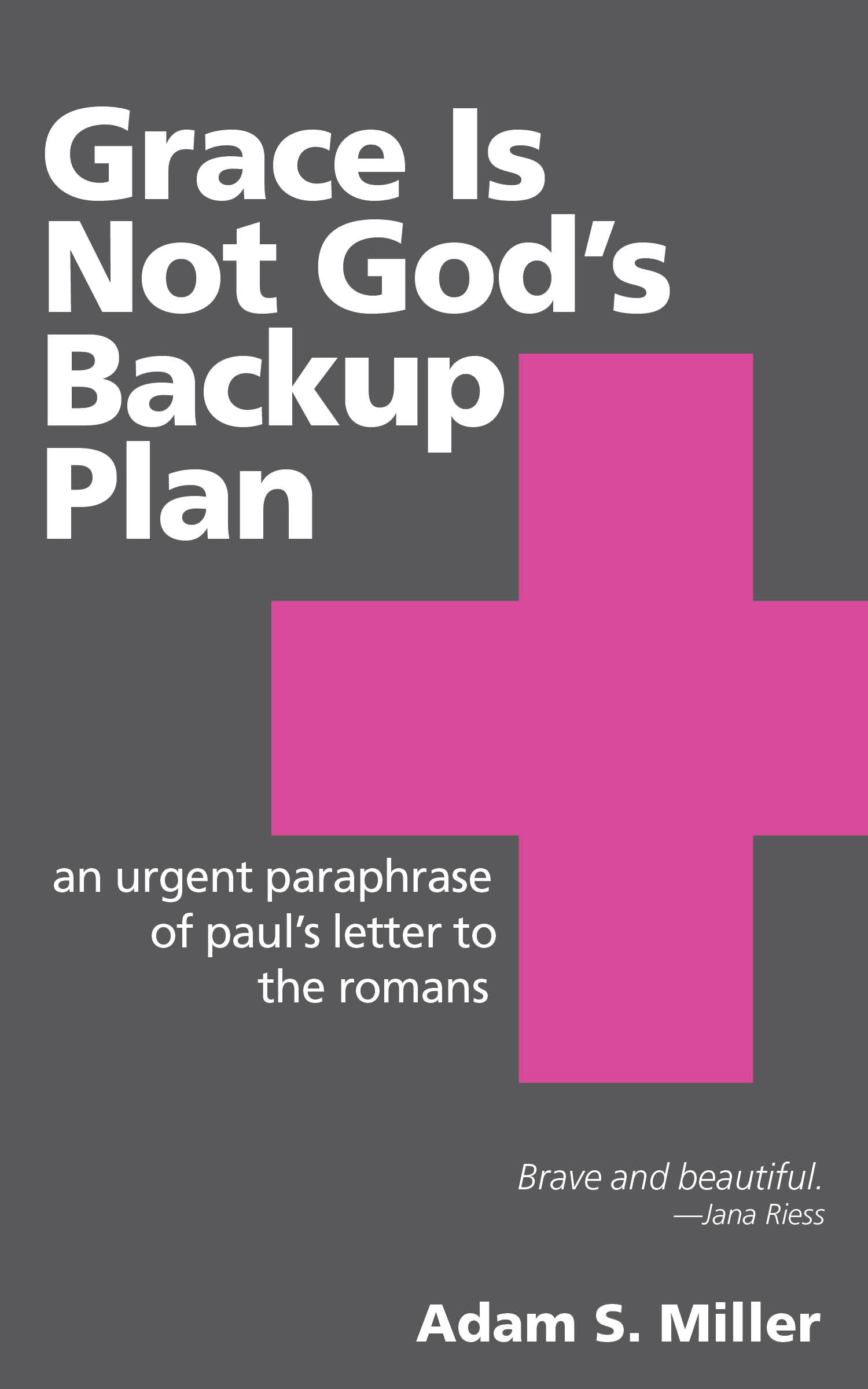
Grace Is Not God’s Backup Plan
I’ve published a new little book, Grace Is Not God’s Backup Plan: An Urgent Paraphrase of Paul’s Letter to the Romans. It’s an experiment both in reading Paul and in self-publishing. My family and I were reading N. T. Wright’s “Kingdom Translation” of Romans and the kids were having a blast. Paul’s a great read in contemporary English.…
-

A Mormon Maximalism
I’ve been practicing a kind of Mormon maximalism for a long time now. This impulse toward maximalism is itself religious in spirit. More, the impulse is aesthetic. It’s driven by a kind of wild hunger for the feel (literally, the aesthesis) of words, facts, theories, things, and people. I’m roaming the earth, eating everything in…
-
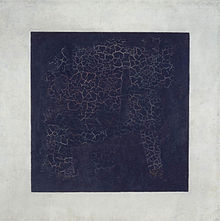
A Mormon Minimalism
I’ve been practicing a kind of theological minimalism for a long time now. This impulse toward minimalism is itself religious. And it’s aesthetic. It doesn’t have to do with whether particular things are true or false (though, rest assured, such judgments must also be made), it has to do with the feel (literally, the aesthesis) of Mormonism as…
-
For Zion – Part 6
One more time, from the pen of Ben Peters: One of the most tempting yet misplaced complaints lodged against Joseph Spencer’s For Zion: A Mormon Theology of Hope might be that, for all its talk about Zion, For Zion does nothing to suggest actionable proposals or bullet points for how to build Zion.
-
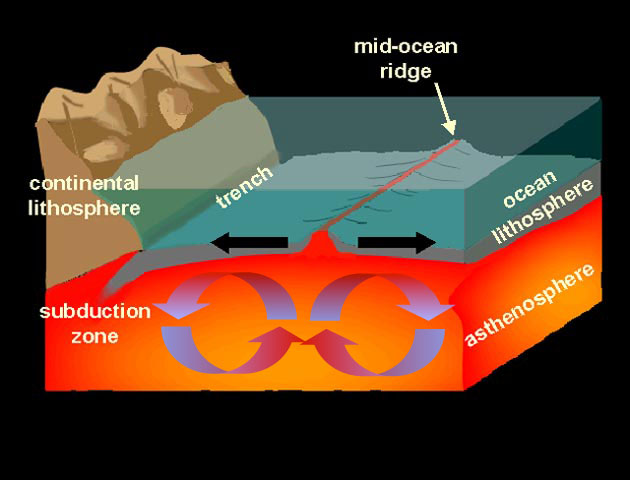
Seafloor Spreading, or Why I’m Mormon
Let’s acknowledge that beginnings are important. This is one reason why we care so much about history. So let’s go back to beginning. Let’s go back to the origin, to the source, to what the Greeks called the arche. But how? Where is the origin?
-
For Zion – Part 5
From the pen of Ben Peters (see previous post): Chapter five in Joseph Spencer’s For Zion turns to what he calls “the space of hope.” Here his discussion focuses on the space of “what remains to be seen” and to a similar effect as chapter four on the time of hope.
-
For Zion – Part 4
From the pen of Ben Peters: I’m thrilled and humbled to take part in this roundtable. By way of introduction, I’m Ben Peters, a husband, a father of four, a media historian and information technology theorist (more on my work here), a lifelong member, a long-time T&S reader, and first-time poster. My family has lived in…
-
For Zion – Part 2
The first chapter of For Zion lays the groundwork for Spencer’s reading of Paul’s theology of hope. It focuses especially on Paul’s letter to the Romans. Understanding the details of this “theology of hope” is crucial to understanding Spencer’s full account of what’s at stake in the law of consecration.
-
For Zion – Part 1
Whatever happened to Zion? Whatever happened to the law of consecration? Aren’t these things from a long time ago? Or for some time way in the future? No. They are only ever for now. Saying that we’re not ready for Zion is like telling a guy lost in the desert he’s not ready for water.
-
Messianicity & Historicity
The Book of Mormon is a messianic text. As messianic, it means to interrupt and overwrite our normal experience of time. When this overwriting occurs at the level of the individual, it’s called repentance. When this overwriting occurs collectively, it’s called gathering. Both kinds of overwriting implicate the other.
-
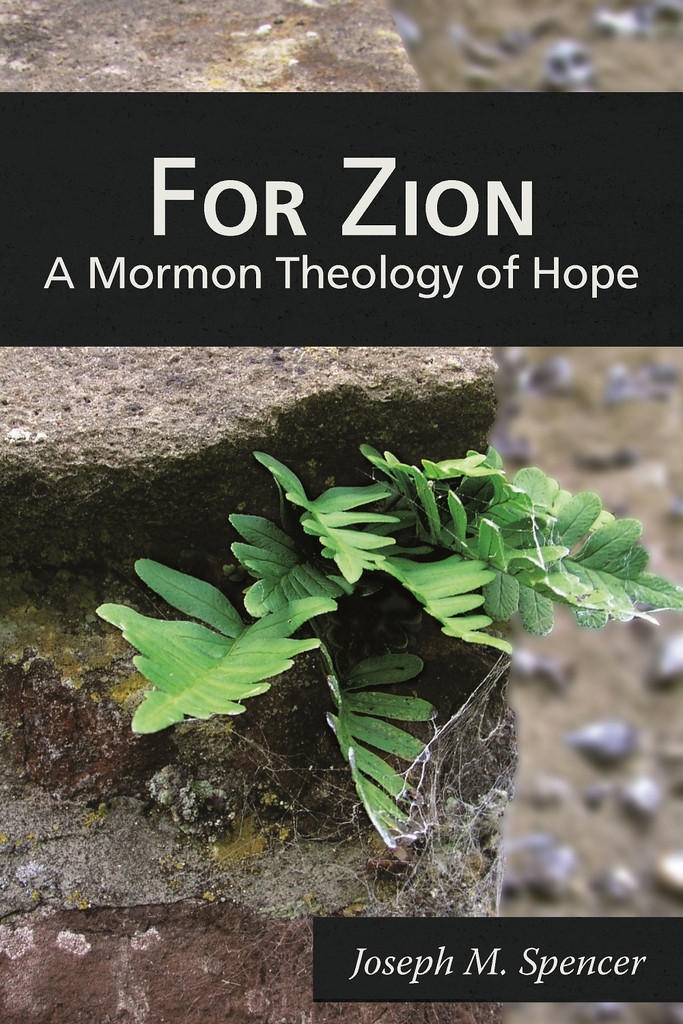
2014 Mormon Book of the Year
With all the power vested in me (by myself), I hereby declare Joseph Spencer’s book, For Zion: A Mormon Theology of Hope, the 2014 Mormon Book of the Year.
-
Q&A with Myself
Q. Are you an apologist or neo-apologist? A. No, I’m just a philosopher. Others have said I’m an apologist, but I’ve never been interested in apologetics. Mormonism can stand on its own two feet and it doesn’t need me to defend it.
-
Letter to a CES Student
It’s important to keep our tough questions about Mormonism in perspective. And, especially, we need to keep the genuinely urgent questions front and center. The big problems are straightforward. We’re dying here. You and I. We’re getting sick, we’re getting old, and we’re dying. Our lives are small and our time is short. Our days…
-
The Body of Christ
“Is the church true?” This question is, I think, poorly posed. It seems ill-suited to the kind of existential burn that might compel me to ask it. It seems like a bad fit for what I’m after in a white-knuckled prayer.
-
The Crucible of Doubt – A Review
Fiona and Terryl Givens’ The Crucible of Doubt is a nearly perfect book. I hope that a million Mormons read it. Crucible manages to do what all great religious writing must: it sacrifices the impulse to prove its religion and, instead, takes up the yoke of living it.
-
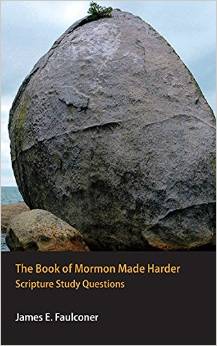
James Faulconer – Making Things Harder
It seems to me that the scriptures offer two types of revelations: (1) they reveal things you didn’t already know, and (2) they reveal that you didn’t know many of the things you thought you knew. Both kinds of revelation are pivotal. And each tends to depend on the other. James Faulconer’s new series of books — The Book…
-

Upcoming Book Events – July 2
If you’re around and interested, Zion’s Books (274 W. Center Street, Provo) will be hosting a roundtable discussion with myself, David Bokovoy, and Joseph Spencer at 6pm on Wednesday, July 2. Janiece Johnson will moderate the discussion. Our topic: “Is Scripture Relevant?”
-
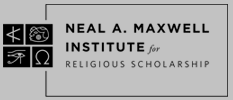
The Laura F. Willes Center for Book of Mormon Studies
What I tend to lack in quality, I hope to make up for with quantity. And what I lack in training and credentials, I hope to gather and borrow. In many ways, these maxims have guided the time I’ve invested in a project called the Mormon Theology Seminar.
